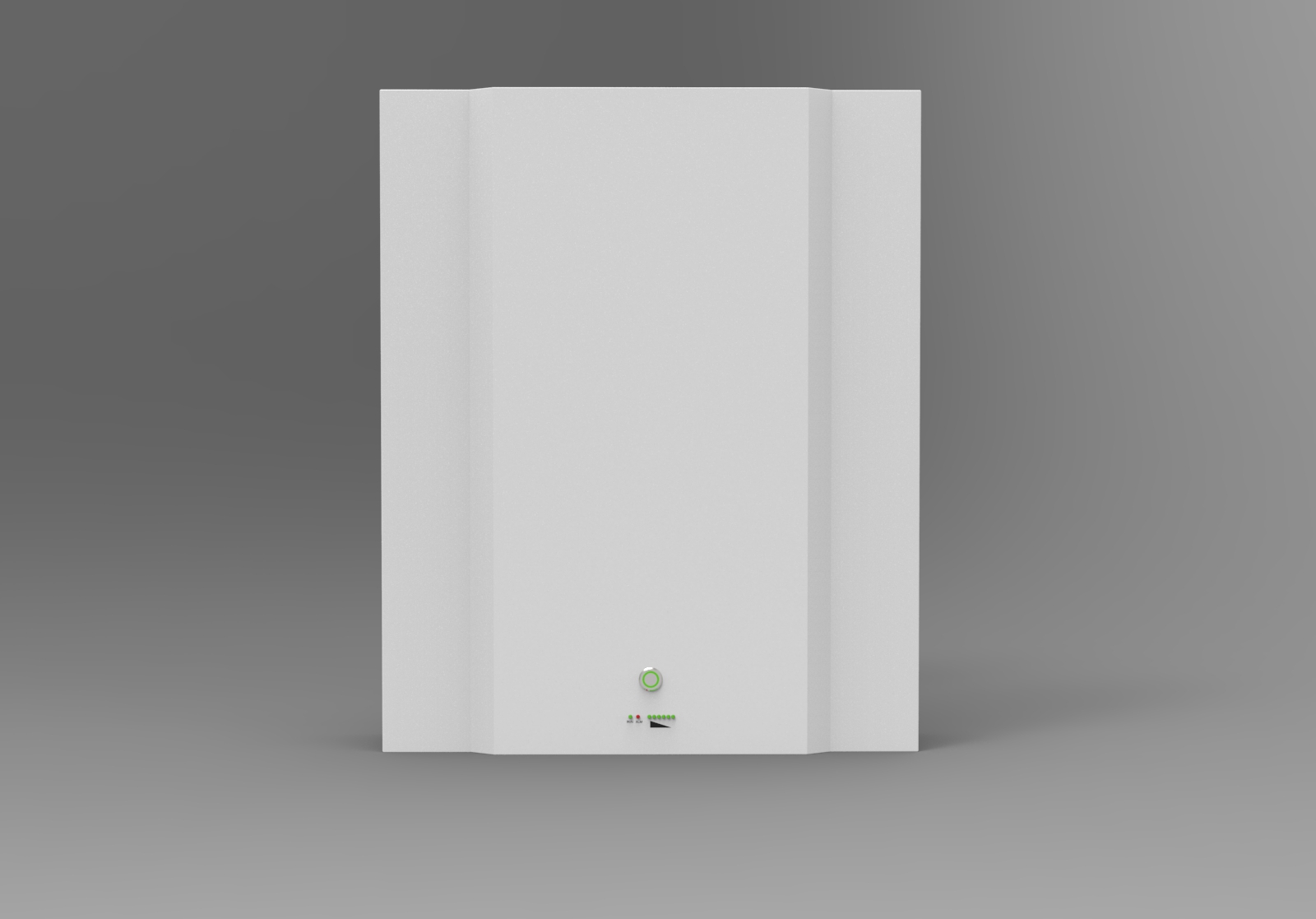Topfabrikanten van energieopslagbatterijen - Kracht van innovatie
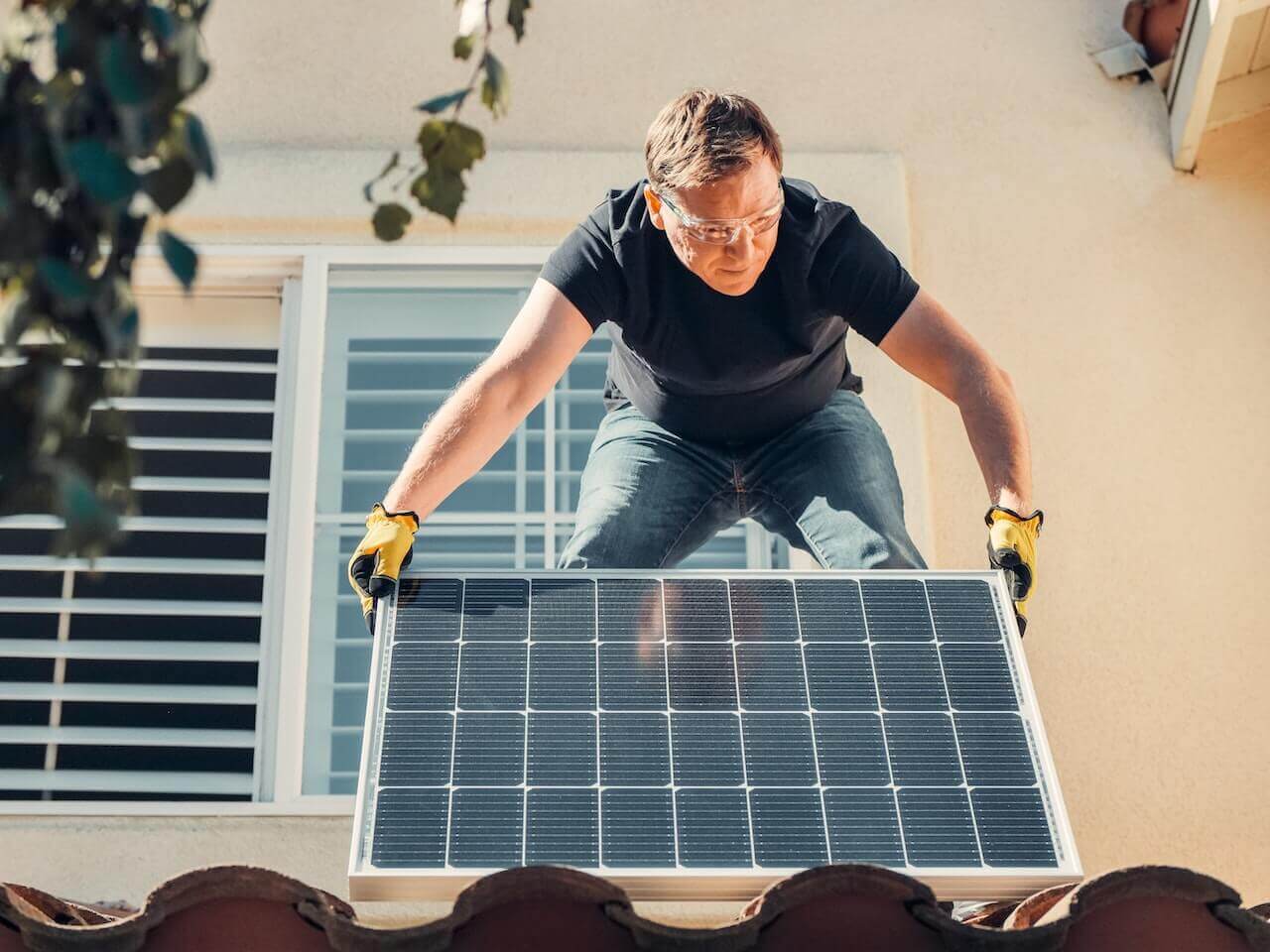
As the world's population continues to grow, so does our demand for energy. With traditional fossil fuels being depleted and concerns about climate change increasing, the search for alternative and sustainable energy sources has become more important than ever.
One of the most promising solutions to this problem is energy storage batteries, which are revolutionizing the way we think about energy.
Energy storage batteries are rechargeable batteries that store energy from various sources such as solar panels or wind turbines, and can be used later during peak demand hours or in the event of a power outage. And these batteries come in different shapes and sizes, and are being developed by a growing number of energy storage battery manufacturers around the world.
At present, the top energy storage battery manufacturers are at the forefront of developing innovative solutions that are changing the way we use and store energy. They are constantly pushing the boundaries of what is possible, developing new and advanced batteries with increased efficiency, longer lifespans, and improved performance.
In this blog, we will explore the top energy storage battery manufacturers in the world, their advantages, and disadvantages.
Whether you're an engineer, an investor, or just someone interested in the latest developments in energy technology, this blog will provide you with information on world-class energy storage battery manufacturers and industry trends.
Types of Energy Storage Battery Currently on the Market
Energy storage batteries are an essential part of modern energy systems, providing a way to store energy generated by renewable sources such as solar and wind.
There are many types of energy storage batteries on the market today, each with their own advantages and disadvantages, the following are some of the most popular types developed so far:
(1) Lithium-ion Batteries
Lithium-ion batteries are widely used in portable electronic devices such as smartphones and laptops, as well as in electric vehicles. They are lightweight, have a high energy density, and can be recharged many times. They are also relatively safe compared to other battery types. However, they can be expensive and have a limited lifespan. (Learn More Top Questions About Lithium Batteries!)
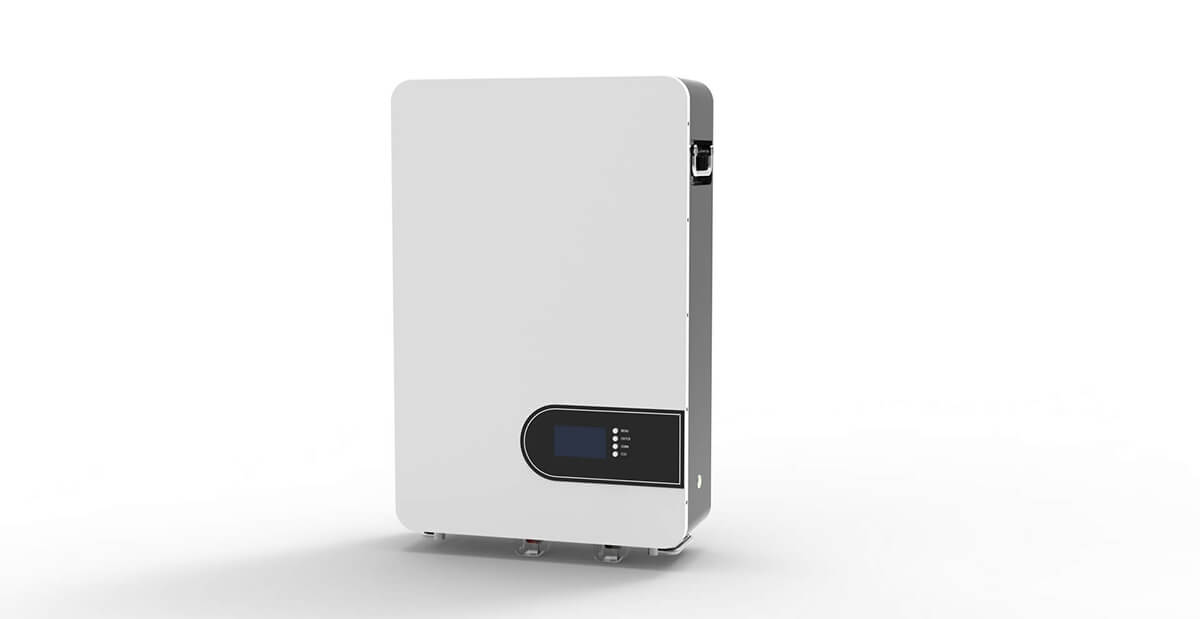
(2) Lead-Acid Batteries
Lead-acid batteries have been used for over a century and are still used today in many applications, such as backup power systems and forklifts. They are relatively low cost, have a long lifespan, and can be recycled. However, they are heavy, have a low energy density, and require maintenance.
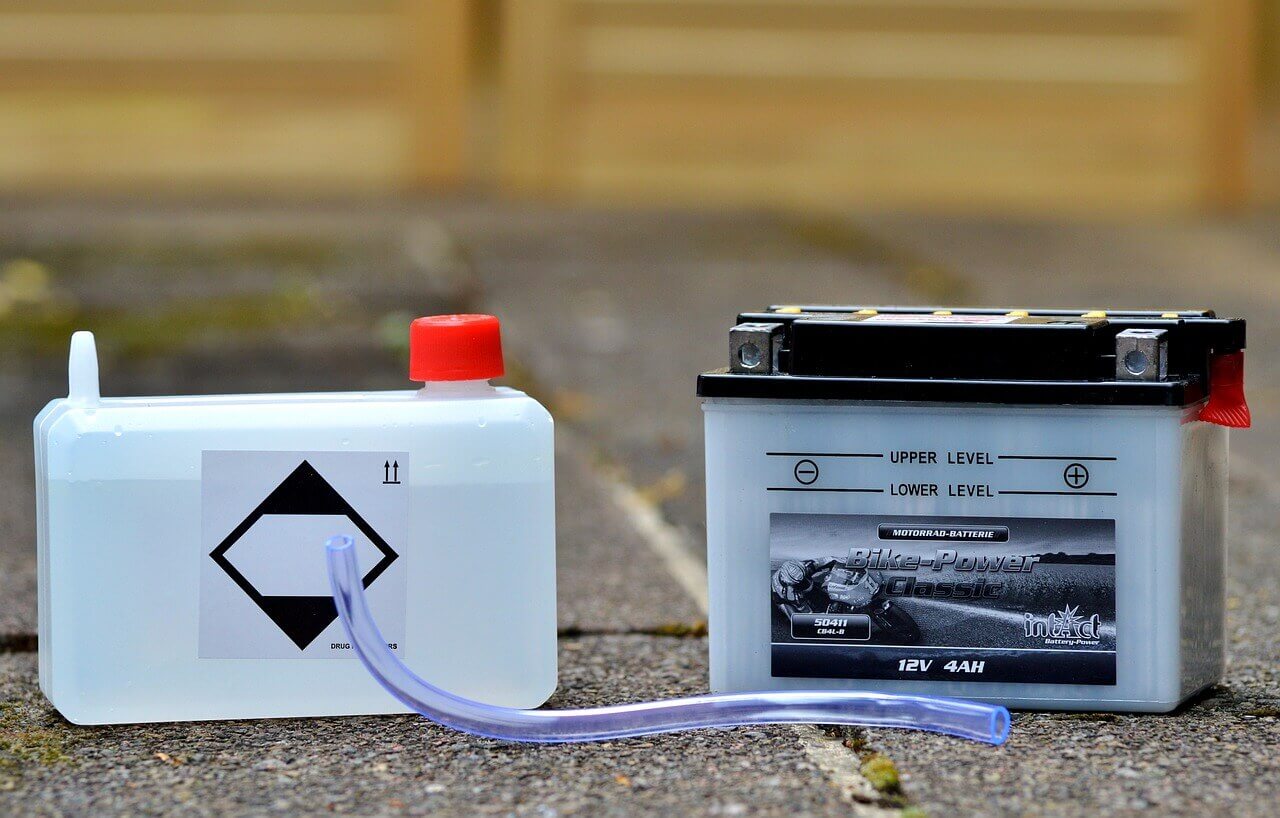
(3) Flow Batteries
Flow batteries are a relatively new type of battery that uses two liquids separated by a membrane. They have a long lifespan, can be recharged many times, and can store large amounts of energy. They are also scalable, meaning that they can be used in both residential and industrial applications. However, they are expensive and have a low energy density.
(4) Sodium-ion Batteries
Sodium-ion batteries are a promising alternative to lithium-ion batteries, as they are abundant and low cost. They also have a high energy density and can be recharged many times. However, they are still in the early stages of development and have not yet been widely commercialized.
Best Energy Storage Battery Manufacturers in World
Due to the great prospects of energy storage batteries, many people want to develop in this field, and the primary goal is to choose a suitable energy storage battery manufacturer.
A good manufacturer will not only be able to offer a wider selection of battery types, help with system design and installation, and provide ongoing technical support and maintenance. It can also provide better pricing, warranty and financing options, which are crucial for large projects.
Conversely, investing in inferior batteries or partnering with unreliable manufacturers can lead to a host of problems, including reduced system efficiency, shorter battery life, and potential safety hazards. Fixing this is not only costly and time-consuming, but can also negatively impact the overall performance of the energy system.
Therefore, selecting the right energy storage battery manufacturer is critical to ensuring the long-term success of your energy storage system. It can help reduce risk, maximize performance, and ultimately provide a higher return on investment.
The following is a list of some excellent energy storage battery manufacturers with advantages and disadvantages to help you choose the first step! Names not listed in order.
#1 Tesla

Tesla, the well-known electric vehicle and renewable energy storage battery manufacturer, also offers home energy storage solutions through their Tesla Powerwall product line.
The batteries incorporate advanced technology from Tesla and are designed to work in tandem with solar panels, offering homeowners and businesses a way to store excess solar energy for later use.
Advantages
High capacity: Tesla Energy Storage Battery offers a large storage capacity, ranging from 5 kWh to 100 kWh, which makes it a suitable choice for both residential and commercial applications.
Efficiency: The battery is highly efficient, with an efficiency rating of up to 90%, which means less energy is wasted during the charging and discharging process.
Durability: The battery is designed to last for many years, with a warranty of up to 10 years depending on the model.
Smart energy management: The Tesla Energy Storage Battery is equipped with intelligent energy management software, allowing homeowners and businesses to optimize their energy use and reduce their energy bills.
Integration with solar panels: The battery is designed to work seamlessly with Tesla's solar panels, providing a complete energy storage solution.
Integration with Tesla vehicles: Tesla's home energy storage solutions can be integrated with their electric vehicles, allowing homeowners to use stored energy to charge their cars.
Disadvantages
High cost: Tesla Energy Storage Battery is more expensive compared to some other energy storage solutions in the market, which may make it less accessible to some consumers.
Limited availability: Tesla Energy Storage Battery is currently only available in certain regions, which may limit its accessibility to some customers.
#2 LG Chem
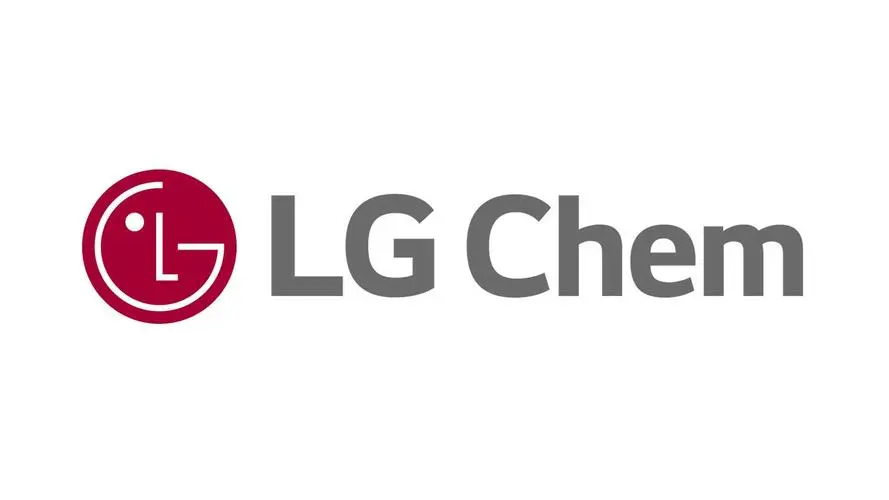
LG Chem is a global chemical company that produces a wide range of products, including batteries. In the field of home energy storage batteries, LG Chem offers the RESU (Residential Energy Storage Unit) product line, which is a rechargeable lithium-ion battery designed to store energy from solar panels or the electrical grid for use in the home.
Advantages
High capacity: LG Chem Energy Storage Battery offers a large storage capacity, ranging from 3.3 kWh to 16 kWh, which makes it a suitable choice for both residential and commercial applications.
Efficiency: The battery is highly efficient, with an efficiency rating of up to 95%, which means less energy is wasted during the charging and discharging process.
Durability: The battery is designed to last for many years, with a warranty of up to 10 years depending on the model.
Modular design: LG Chem Energy Storage Battery has a modular design, which means additional modules can be added to increase the storage capacity.
Smart energy management: The battery is equipped with intelligent energy management software, allowing homeowners and businesses to optimize their energy use and reduce their energy bills.
Disadvantages
High cost: LG Chem Energy Storage Battery is more expensive compared to some other energy storage solutions in the market, which may make it less accessible to some consumers.
Compatibility issues: The battery may have compatibility issues with certain solar panels and inverters, which can limit its use with certain systems.
#3 BYD
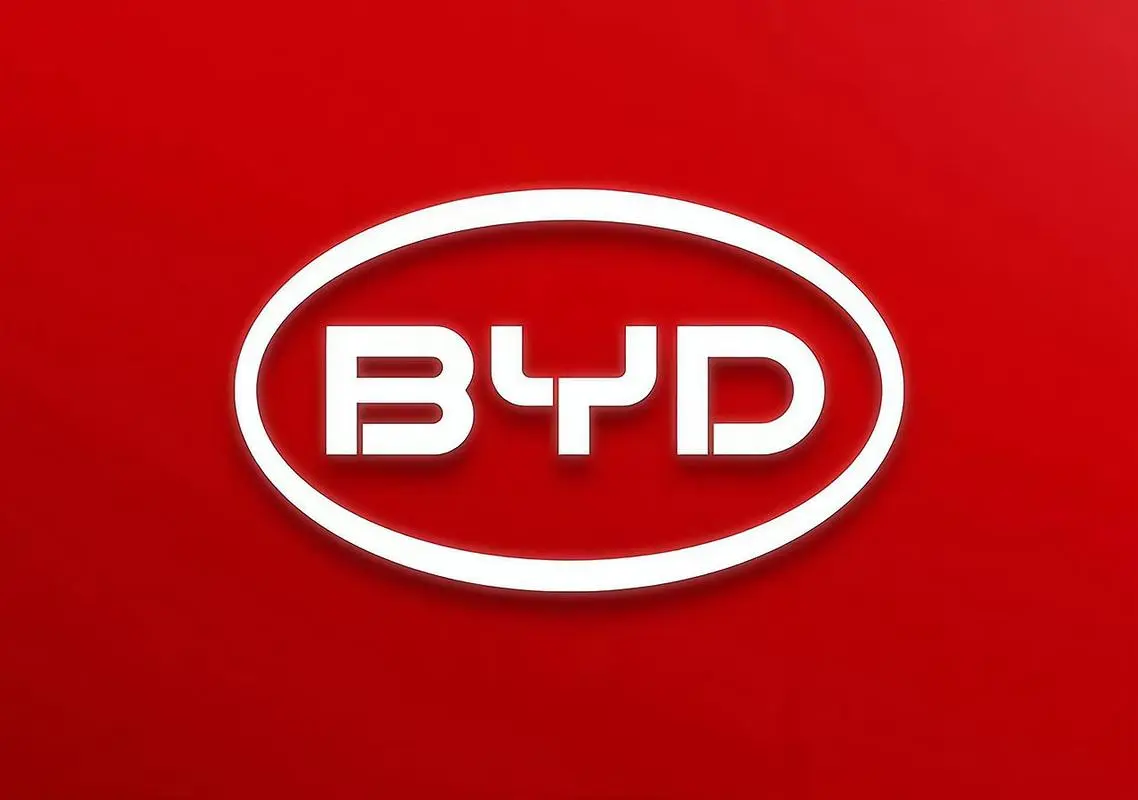
BYD is a Chinese manufacturer of rechargeable batteries, electric vehicles, and solar panels. In the field of home energy storage batteries, BYD offers the B-Box product line, which is a modular lithium-ion battery system designed to store energy for home.
Advantages
High energy density: BYD batteries have a high energy density(130Wh/kg), which means they can store more energy in a smaller space.
Long lifespan: BYD batteries have a long lifespan, with some models rated for up to 6,000 cycles.
Safety: BYD batteries have advanced safety features, including built-in protection against overcharging, over-discharging, and overheating.
Scalability: BYD batteries are scalable, meaning they can be used in both small and large-scale residential applications.
Easy to install: BYD home energy storage batteries are designed for easy installation, with plug-and-play connections and simple wiring.
Disadvantages
Cost: BYD batteries can be expensive compared to other battery types.
Limited availability: BYD batteries may not be widely available in all regions, which can make it difficult to find local suppliers or support.
#4 HARVEYPOW

HARVEYPOW is a top energy storage battery manufacturer in China, focusing on creating lifepo4 batteries and ternary lithium energy storage batteries, contributing to the promotion of green and environmental protection of global solar energy systems.
Products include modular batteries for household, industrial and commercial use, portable batteries, RV batteries and more.
Advantages
High performance: Made of the best CATL batteries and strict consistency standards, the battery cycle life exceeds 6000 times, and the discharge depth can reach 90%.
Durability: 12-YEAR WARRANTY service, as well as durable level customization such as appearance waterproof. Meet all customer needs.
More battery types: Produce various types of energy storage batteries, including server rack batteries, stackable batteries, wall-mounted batteries, floor-standing batteries, etc., to meet all installation environments and application scenarios.
Expandability: There are two types of modular batteries, rack-mounted and stacked, and the capacity can be freely assembled according to customer needs. Perfect for domestic and commercial and industrial applications of all sizes.
Remote control: Intelligent BMS system and Bluetooth function can monitor battery usage status and health index anytime and anywhere, which helps to maintain battery life and improve battery safety factor.
Low cost: The cost is lower than other brands with the same performance, and the price is high.
Disadvantages
Inverter compatibility: not compatible with all inverter brands, only supports more than 20 mainstream inverter brands in the global market, including PYLON, SOFAR, GROWATT, VOLTRONIC, EAST, GOODWE, KELONG, INVTKSTAR, SRNE, DEYE, MUST, SOLIS, SCHNEIDER, VEICHI, SMA, SACOLAR, LUXPOWER, VICTRON, STUDER...
#5 Panasonic
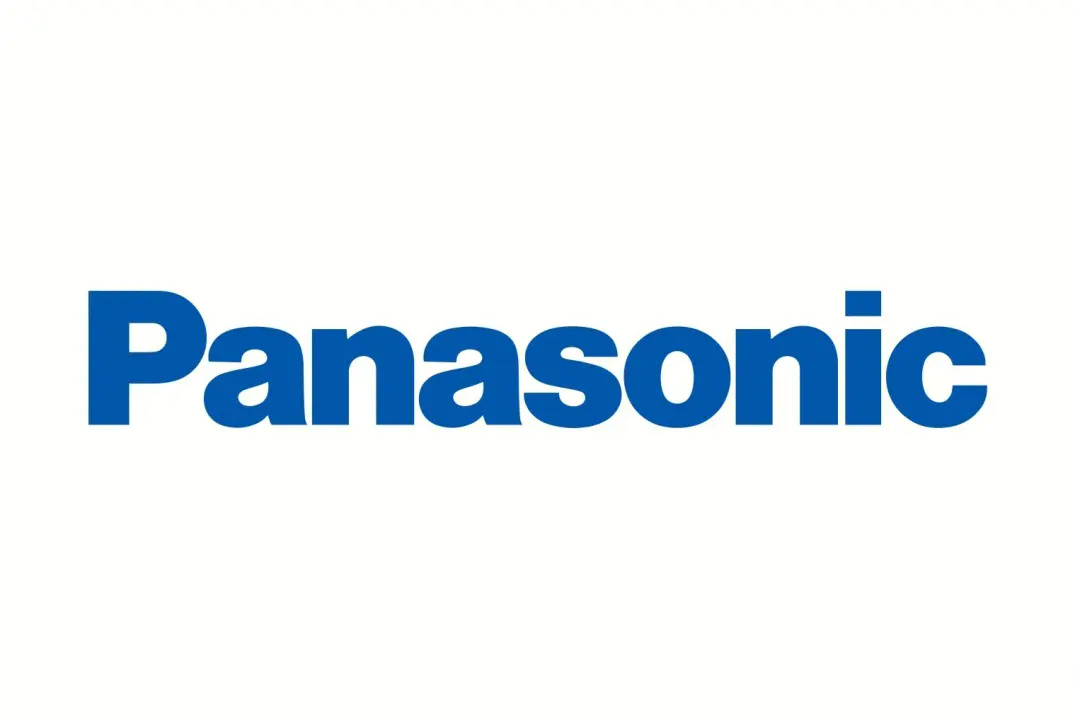
Panasonic energy storage batteries are designed to store energy from solar panels or the grid for home use. Enables homeowners to reduce their dependence on the grid and use clean energy generated by solar panels.
Advantages
Energy independence: With a home energy storage battery like the Panasonic EverVolt, homeowners can store the excess energy generated by their solar panels during the day to use at night or during times of high demand. This reduces their reliance on the electrical grid and gives them greater energy independence.
Cost savings: By using stored energy during peak demand times, homeowners can reduce their electricity bills and save money on energy costs.
Environmental benefits: By using clean energy generated by their solar panels, homeowners can reduce their carbon footprint and help mitigate the effects of climate change.
Durability: The Panasonic EverVolt is designed to be durable and long-lasting, with a 10-year warranty and the ability to withstand harsh weather conditions.
Disadvantages
High upfront cost: The cost of a home energy storage battery like the Panasonic EverVolt can be quite high, making it a significant investment for homeowners.
Limited storage capacity: While home energy storage batteries can provide energy independence, they have limited storage capacity and may not be able to meet all of a household's energy needs.
Compatibility: The Panasonic EverVolt may not be compatible with all solar panel systems, which can limit its usefulness for some homeowners.
Maintenance: Like all batteries, the Panasonic EverVolt requires regular maintenance to ensure optimal performance, which can add to the overall cost of the system.
#6 Sonnen

Sonnen is a German company that specializes in energy storage solutions for residential and commercial customers. In the field of home energy storage batteries, Sonnen offers the ecoLinx and ecoLinx 30 product lines.
Advantages
Longer life span: Sonnen lithium batteries have a longer life cycle than most other lithium-ion batteries on the market, with a cycle life of up to 10,000 cycles or more. This can result in lower lifetime costs and a higher return on investment for homeowners.
Scalability: Sonnen batteries are scalable, meaning that homeowners can add more battery modules to their system if they need more storage capacity in the future.
Remote monitoring: Sonnen batteries can be remotely monitored and controlled through a smartphone app, allowing homeowners to track their energy usage and storage levels in real-time.
Disadvantages
Higher upfront cost: Sonnen batteries can be more expensive than other home energy storage options.
Limited availability: Sonnen batteries are not widely available in all markets, which can make it difficult for homeowners to purchase and install them.
For more information, see related reading:
In this era of technological advancement, lithium batteries have become a game-changing solution. So what are the benefits of lithium batteries? They are lighter, more compact and have a significantly higher energy density than their predecessors. This enhanced energy density enables lithium batteries to store more energy in smaller, lighter packages, making them ideal for a variety of applications, including portable electronics, electric vehicles and grid-scale energy storage.
In addition, lithium batteries exhibit excellent charge and discharge efficiencies, minimizing energy loss during storage and retrieval. This efficiency translates into longer-lasting power reserves, less frequent replacement, and contributes to a more sustainable energy ecosystem.
Inefficiency at low temperatures
Fast charging capability: Look for brands that design batteries with fast charging capabilities. Fast charging not only saves time, but also enhances the overall convenience of using lithium batteries. It’s worth mentioning that fast charging is bad for the life of any battery, and here’s how to charge it like a pro.
Related Reading:
- Top Lithium Battery Manufacturers In The World
- Top 100 China Lithium Battery Manufacturer List
- Top Custom Lithium Battery Manufacturers
- Top Lifepo4 Battery Manufacturers
- Top 20 Lifepo4 Battery Manufacturers in China 2022
- Top Lifepo4 Battery Wholesale
- Top Lithium Battery Brands for 2023
Development Trend of Energy Storage Batteries
The energy storage battery industry is experiencing waves of innovation and advancement, with new trends and developments emerging at breakneck speed. As the world shifts to cleaner and more sustainable forms of energy, energy storage batteries are becoming increasingly important in integrating renewable energy into the grid.
One of the most exciting developments in the energy storage battery industry is the increasing use of advanced materials and technologies to improve the efficiency, durability and safety of battery systems. For example, many manufacturers are now using advanced Li-ion chemistries such as Nickel Cobalt Aluminum (NCA) and Lithium Iron Phosphate (LFP), which offer higher energy density, longer lifetime, and improved safety features.
Another trend in the industry is the move to smarter and integrated energy storage systems. Many manufacturers are now incorporating artificial intelligence (AI) and machine learning (ML) techniques into their battery systems, allowing them to optimize energy storage and distribution based on real-time data and user behavior. This can help homeowners and businesses reduce energy costs, increase energy efficiency, and minimize their environmental impact.
In addition to this, there is increasing emphasis on the scalability and modularity of energy storage batteries, which allows users to easily expand their storage capacity as energy demand grows. This is especially important in the residential sector, where homeowners may wish to add more solar panels or electric vehicles to their system over time.
There is now increasing recognition of the role of energy storage batteries in promoting energy equity and access. Many companies are now working to develop affordable and accessible energy storage solutions for low-income communities and developing countries, helping to bridge the energy access gap and contributing to a more sustainable and equitable energy system for all.
It can be seen that the energy storage battery industry is in a period of rapid growth and innovation, and new technologies and trends are constantly emerging. As the world continues to shift to a more sustainable and renewable energy system, batteries with energy storage will play an increasingly important role in enabling this transition and ensuring a more equitable and sustainable future for all.
